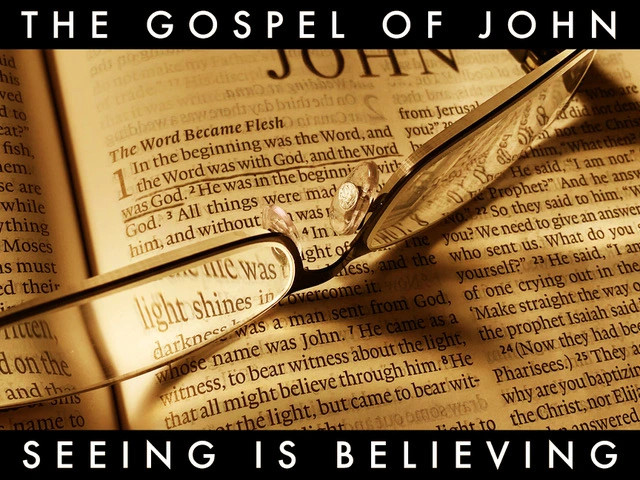
The Bible
The holy book of the Christian religion, consisting of the Old Testament and the New Testament
Longman Ditionary
Page Description
The Bible is the holy book of the Christian religion,
consisting of the Old Testament and the New Testament.
Exploring the Timeless Influence of the Bible
The Bible stands as one of the most influential and widely read texts in human history. Its profound stories, moral teachings, and spiritual wisdom have shaped cultures, inspired movements, and raised timeless questions about existence, morality, and the divine.
This page delves into the multifaceted world of the Bible, offering an exploration of its enduring relevance through thought-provoking videos, discussions, and insights.
Among the highlights, you’ll find perspectives from renowned figures, including Sir David Attenborough’s reflections on God and the natural world. Scientists, theologians, and thinkers share their interpretations, each contributing to a deeper understanding of how the Bible intersects with faith, science, and human experience.
Themes and Content:
- Science and Faith: Can science and the Bible coexist? Explore viewpoints from prominent scientists who bridge the gap between empirical evidence and spiritual belief.
- Moral and Ethical Reflections: What lessons can we draw from biblical teachings in today’s world? Discover videos and discussions that examine the Bible’s guidance on justice, compassion, and human behavior.
- Timeless Stories: From creation to revelation, the Bible’s narratives continue to inspire and challenge readers to seek meaning in their own lives.
Through a combination of multimedia content and diverse perspectives, this page invites you to reflect on the Bible’s significance across time and its impact on the human journey.
De Tijdloze Invloed van de Bijbel Ontdekt
De Bijbel is een van de meest invloedrijke en meest gelezen teksten in de geschiedenis van de mensheid. Met zijn diepgaande verhalen, morele lessen en spirituele wijsheid heeft het culturen gevormd, bewegingen geïnspireerd en tijdloze vragen opgeroepen over het bestaan, moraliteit en het goddelijke.
Deze pagina verkent de veelzijdige wereld van de Bijbel en biedt een inzicht in de blijvende relevantie ervan door middel van prikkelende video’s, discussies en inzichten.
Een van de hoogtepunten is het perspectief van bekende figuren, waaronder Sir David Attenborough, die reflecteert op God en de natuurlijke wereld. Wetenschappers, theologen en denkers delen hun interpretaties en dragen bij aan een dieper begrip van hoe de Bijbel samenkomt met geloof, wetenschap en de menselijke ervaring.
Thema’s en Inhoud:
- Wetenschap en Geloof: Kunnen wetenschap en de Bijbel samengaan? Verken standpunten van vooraanstaande wetenschappers die de kloof tussen empirisch bewijs en spiritueel geloof overbruggen.
- Morele en Ethische Reflecties: Welke lessen kunnen we uit de Bijbelse leer trekken in de wereld van vandaag? Ontdek video’s en discussies over de Bijbelse visie op rechtvaardigheid, mededogen en menselijk gedrag.
- Tijdloze Verhalen: Van de schepping tot de openbaring blijven de verhalen van de Bijbel lezers inspireren en uitdagen om betekenis te zoeken in hun eigen leven.
Met een combinatie van multimedia-inhoud en diverse perspectieven nodigt deze pagina je uit om na te denken over de betekenis van de Bijbel door de tijd heen en de impact ervan op de menselijke reis.
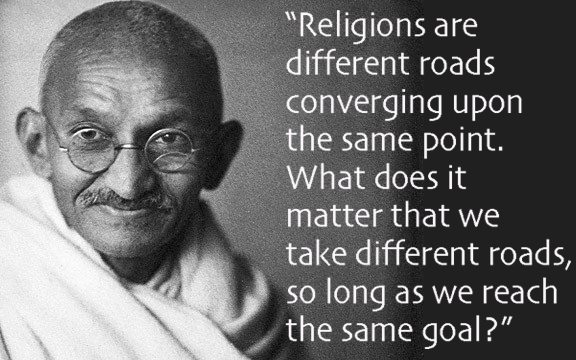
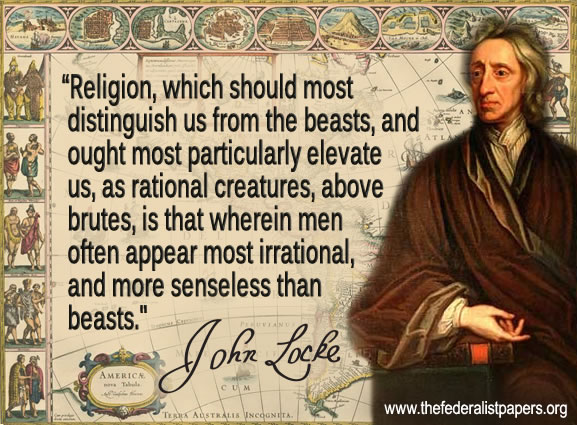
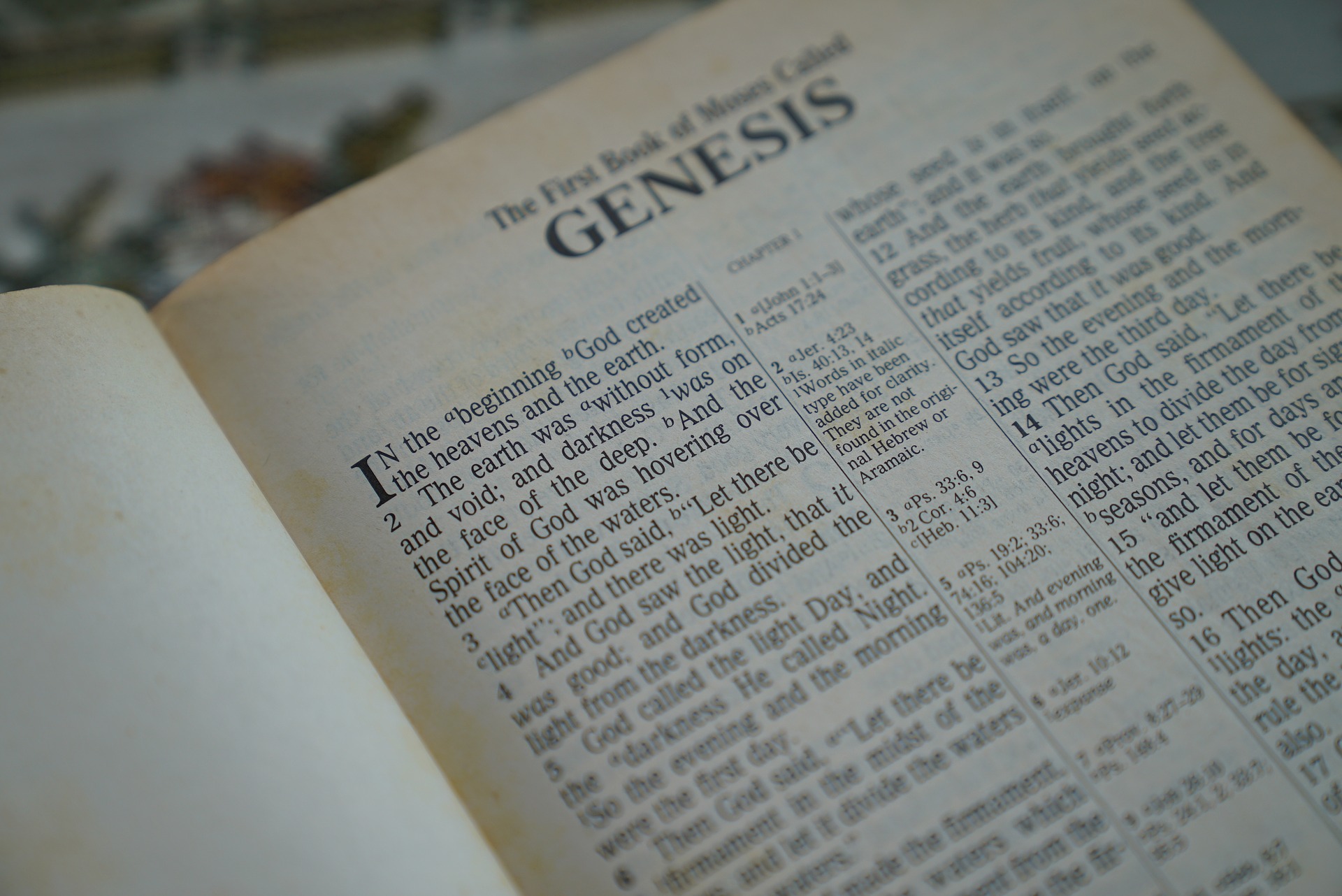
An overview of some key points from the Bible, which is a sacred text revered by millions of people around the world. The Bible is divided into two main sections, the Old Testament (also known as the Hebrew Bible or Tanakh) and the New Testament, and contains numerous books written over a span of many centuries. Here are some key points from the Bible:
Creation: The Bible begins with the story of God’s creation of the world, as described in the book of Genesis. It tells of God’s creation of the universe, the earth, and all living creatures, including the first humans, Adam and Eve.
Sin and Redemption: The Bible describes how humanity’s disobedience to God, known as sin, entered the world through Adam and Eve’s actions, resulting in a broken relationship between God and humanity. The Bible teaches that God initiated a plan of redemption and salvation through various covenants and promises, ultimately culminating in the coming of Jesus Christ in the New Testament.
Ten Commandments: The Ten Commandments are a set of moral and ethical laws given by God to Moses on Mount Sinai, as recorded in the book of Exodus. They form a central part of the Old Testament and are considered foundational principles for living a godly life.
Life and Teachings of Jesus: The New Testament focuses on the life, teachings, death, and resurrection of Jesus Christ, who is considered by Christians as the Son of God and the promised Messiah. It includes the four Gospels (Matthew, Mark, Luke, and John), which provide accounts of Jesus’ life and teachings, as well as other books that expound on his teachings and the early Christian church.
Salvation and Grace: The Bible teaches that salvation is a gift from God, offered to all humanity through faith in Jesus Christ. It emphasizes the concept of grace, which is God’s unmerited favor, as the means by which people can be reconciled to God and receive forgiveness of sins.
Love and Compassion: The Bible teaches the importance of love and compassion towards God, oneself, and others. The greatest commandments, as taught by Jesus, are to love God with all one’s heart, soul, mind, and strength, and to love one’s neighbor as oneself.
Eschatology: The Bible includes prophecies and teachings about the end times, the second coming of Jesus, and the ultimate fulfillment of God’s plan for creation. Eschatological beliefs vary among different Christian denominations and interpretations.
Moral and Ethical Guidance: The Bible provides guidance on various moral and ethical issues, including social justice, relationships, sexuality, stewardship of resources, and living a righteous and upright life.
It’s important to note that interpretations of the Bible may vary among different religious traditions, denominations, and individuals. The above points provide a general overview of some key teachings and themes found in the Bible.
The Bible is a collection of religious texts that are considered sacred by Christians. It is divided into two main sections: the Old Testament and the New Testament. Here are some of the key points of each section:
Old Testament:
- Describes the creation of the world and humanity, the history of the Jewish people, and the laws and commandments given to Moses by God.
- Tells the stories of many famous figures, including Abraham, Isaac, Jacob, Joseph, Moses, David, and Solomon.
- Contains prophetic writings, such as those of Isaiah, Jeremiah, and Ezekiel, which predict the coming of a messiah.
- Includes poetic books, such as Psalms and Proverbs.
New Testament:
- Describes the life, teachings, death, and resurrection of Jesus Christ, who is believed by Christians to be the Son of God and the savior of humanity.
- Tells the stories of the apostles and the early Christian church.
- Contains letters written by various apostles, including Paul, to Christian communities throughout the ancient world.
- Concludes with the Book of Revelation, which describes the end of the world and the final judgement.
Overall, the Bible teaches about the nature of God, the meaning and purpose of human life, and the importance of faith, love, and obedience to God’s will.
De vijf grote wereldgodsdiensten – John Bellaimey
14 nov 2013
Bekijk de hele les: http://ed.ted.com/lessons/the-five-ma…
Het is typisch menselijk om te worstelen met vragen als “Waar komen we vandaan?” en “Hoe kan ik een betekenisvol leven leiden?” Deze existentiële vragen staan centraal in de vijf grote wereldgodsdiensten — en dat is niet het enige dat deze religies met elkaar verbindt. John Bellaimey legt de verweven geschiedenis en culturen van Hindoeïsme, Jodendom, Boeddhisme, Christendom en Islam uit.
Les door John Bellaimey, animatie door TED-Ed.
Slavery and the Catholic Church
In première gegaan op 5 dec 2020
Music written and generously provided by Paul Jernberg. Find out more about his work as a composer here: http://pauljernberg.com
Spanish translations by Vélez Translations, http://www.veleztranslations.com
As anyone who’s successfully completed any level of education knows, any decent curriculum will unfold gradually with the most basic lessons at the beginning and the most difficult at the end.
So, take a typical math curriculum for example. The first level of instruction will include lessons about counting to a certain number, counting by two’s and three’s, and maybe a little addition and subtraction.
But higher levels of instruction will cover concepts like algebra, problem solving, trigonometry, and functions. And in between those two levels are a series of progressive lessons that help prepare a student for the higher levels. The curriculum is designed to progressively reveal knowledge to the student.
Now what would you make of someone who looks at a curriculum like that and criticizes it by only ever looking at the fist level and says, “All their doing is counting and a little addition? They aren’t even doing long division? How is this a good math curriculum?”
And then they selectively quote from the primary lessons in order to convince other people that this is a bad curriculum. They point out how rudimentary and inferior this is because it doesn’t cover the topics and knowledge that many of us who are already educated take for granted.
Wouldn’t you think that was dishonest? Wouldn’t you think that was a slanderous and fallacious way of describing that curriculum? Well, something like that goes on when the Bible and the Church are discussed by critics all the time, especially on the topic of slavery.
You could describe the Bible as a kind of spiritual and ethical curriculum. It depicts the gradual and progressive unfolding of knowledge and experience for those who were being formed by God in history so that they could come to a full knowledge of what is good and true.
So you might identify one of the first lessons with the story of God’s liberation of the Jewish people from Egypt through Moses as his prophet. And in those stories, he gives them the 10 commandments and the Mosaic law.
But these are just the first lessons. God goes on to continue to reveal what is true and good throughout the history of these people until he reveals himself fully through the person and teachings of Jesus. Jesus is the calculus in this mathematical curriculum.
But what I see a lot of anti-Christian and atheistic critics doing these days, is quoting from the first lessons, going back to Moses and the law and saying, look at how evil the Bible is for not fixing all the objectionable things in his time.
You have to remember, the Bible is telling us about a people who had to be told that killing and stealing was wrong. God is starting at the rudest level of ethical understanding to help humanity know how to begin. So he starts with a legal system that introduces people to the concept and practice of justice. This is the 1+1 and counting by two’s lesson in ethics.
So on the topic of slavery, critics will quote passages from this first ethical lesson while ignoring everything that came after it, up to and including all the teachings and actions of the Church.
But the first thing I’d want to point out is that no other ethical curriculum in the world condemned slavery either. Every nation and civilization up until the middle ages had slavery. The Persians had it, the Chinese had it, the Egyptians had it, the Greeks and Romans had it, the indigenous people of the Americas had it, Africans had it, and the Islamic world… you better believe they had it. Mohammed personally owned and sold slaves.
So what we have are people taking cheap shots at Christianity for not abolishing slavery in the very fist ethical lesson of its curriculum and calling it inferior, even though no other ethical framework accounted for it either.
Again, using the math analogy, that’s like criticizing the first math lesson in a curriculum for not having long division and denouncing it as an inferior curriculum as a result, when no other math curriculum ever even gets to long division.
So the question then becomes, if long division is analogous to remedying the evils of slavery, does Christianity ever do it or can atheists continue to lay this charge at the feet of the Church?
Read the whole transcript at https://brianholdsworth.ca
1 You’ll Be HURT, But You Have To DO IT | Jordan Peterson: “This Will Set You FREE”
3 apr. 2022
We create to inspire, hopefully, worldwide.
If you’re into a motivational speech or a motivational video from Dr. Jordan Peterson, you can stop here.
Here, at the “Pursuit of Meaning” channel, we transform the original content from shows, podcasts, and key-notes with Dr. Jordan Peterson, to provide the viewers with a more immersive experience.
We amplify the content’s original message by making it more cinematic and easier to understand by the end consumer.
If you are the legal content owner of any videos we posted on the channel and would like to remove them, please e-mail us at hello@succesonline.ro.
2 They TRIED To Dream Up The SPIRIT Of Civilization | Jordan Peterson on The Book of Job
25 feb. 2022
3 The Book That Changed My Life | Jordan Peterson
2 feb. 2022
4 Jordan Peterson’s INCREDIBLE Journey To GOD | Heartbreaking Moments on His FAITH
29 jan. 2022
We create to inspire, hopefully, worldwide.
If you’re into a motivational speech or a motivational video from Dr. Jordan Peterson, you can stop here.
Here, at the “Pursuit of Meaning” channel, we transform the original content from shows, podcasts, and key-notes with Dr. Jordan Peterson, to provide the viewers with a more immersive experience.
We amplify the content’s original message by making it more cinematic and easier to understand by the end consumer.
If you are the legal content owner of any videos we posted on the channel and would like to remove them, please e-mail us at hello@succesonline.ro.
5 The Complete Story of Paul: The Apostle to the Gentiles
00:00 – Introduction
02:01 – Early life
05:35 – Persecution
08:28 – Conversion
11:39 – Christianity
13:36 – First Missionary Journey
17:04 – The Jerusalem Council
17:47 – Second Missionary Journey
20:41 – Third Missionary Journey
26:15 – The End of Paul’s Life
29:37 – Outro
6 These things I command you” Jesus’ own words from the 4 Gospels
1 mrt. 2019
Of all the beautiful things Jesus is recorded as saying in the 4 Gospels, His direct commands are so easily overlooked. So here they are! In canon order. From all four gospels, (and Acts from the resurrected Jesus). I hope you love them.
I did not include ‘implied commands’, like the ones beginning “If you…”, or the ones that begin “whoever does this or does that will be…” as they are more like promises than commands. I tried to include only those things Jesus said that are unambiguous commands: “do this; don’t do that”. However, “peace be with you” is included as I could not tell if it was a blessing or a command. Maybe it is both?
Also, where Jesus quoted OT scripture or rebuked Satan is not included as He starts with “you have heard it said…”
Nonetheless, these are the commands of Jesus. 234 of them. In Jesus’s own words.
Also, please accept this FREE Commands of Jesus PDF: https://mailchi.mp/d0847ab0f0a0/comma… – I will send you the Commands of Jesus from all 4 Gospels in the New Testament of the Holy Bible, as a free PDF download.
I uploaded a version WITHOUT the music. It is also slightly slower paced and meditative.
https://youtu.be/ujeyk7skHO0
PODCAST of this episode: https://anchor.fm/no-greater-love/epi…
Go the whole world over, and proclaim the Good News to all mankind. -Mark 16-15(WNT) so please do your bit: like, share and subscribe. Above all – share it as much as you can…
In the 4 Gospels of the Holy Bible are over 230 commands that Jesus gave on how to live; how to be made whole; how to know better the kingdom of heaven; how to receive God’s Holy Spirit; how to do God’s work in life; and how to become reconciled with God. Throughout the 4 gospels many are repeated. In 2 of the Gospels you will find Jesus’s own words on what is referred to as “The Great Commission” ( 33:24 and 49:13 ) (“go into all the world…”). Jesus’s Greatest Commandment in the gospel of John; instructions on receiving the Holy Spirit / Holy Ghost in the synoptic gospels (1:22:49); implorings to follow Jesus; and all the commands in the gospel of the Holy Bible in the words of Jesus.
Only commands of Jesus are included in this video (and the pdf), except those such as Jesus’s instruction to the Samaritan woman at the well to ‘give me a drink’ (John 4-7).
Apart from these, I have endeavoured to make the list complete. Implied commands, scriptural-promises and ‘if’ statements are not included as they are not strictly commands, even though many can be seen as implying instruction. Good for you if you read them this way.
I work alone creating this content and I am not supported or endorsed by any venture or organisation.
If you value this video and content, please share it. If you ‘like’ it and subscribe too, I believe this helps.
https://patreon.com/No_Greater_Love
https://paypal.me/NoGreaterLoveYouTube
Gospel of Matthew: 00:38
Gospel of Mark: 33:56
Gospel of Luke: 49:30
Gospel of John: 1:23:19
Book of Acts: 1:37:46
The Great Commission in Matthew: 33:24
The Great Commission in Mark: 49:13
“If you love Me, keep My commandments”: 1:31:09
7 God’s Plan For Your Life – Nick Vujicic Inspirational & Motivational Video
11 sep. 2017
8 Godsdienstonderwijs met lef (Rik Torfs)
1 feb. 2019
9 Jesus Christ – Life Changing Quotes
David Attenborough is a well-known English broadcaster and naturalist who has been a prominent figure in the field of natural history documentaries for many years. Here are some key points about him:
Early life: David Attenborough was born on May 8, 1926, in London, England. His father was a university lecturer and his mother was a former editor of a women’s magazine.
Education: Attenborough attended the University of Cambridge, where he studied natural sciences.
Career: Attenborough began his career as a television producer in the 1950s. He is best known for his work as a presenter and narrator of natural history documentaries, including the acclaimed BBC series “Life on Earth,” “The Blue Planet,” and “Planet Earth.”
Achievements: Attenborough has won numerous awards for his work, including multiple BAFTAs, Emmys, and Peabody Awards. He has also been knighted and made a member of the Order of Merit.
Environmental activism: In recent years, Attenborough has become an outspoken advocate for environmental conservation and has used his platform to draw attention to issues such as climate change and plastic pollution.
Personal life: Attenborough has been married to his wife, Jane Elizabeth Ebsworth Oriel, since 1950. They have two children together.
8 mei 2012
11 Sir David Attenborough’s View on Science & Religion | Life on Air | BBC Studios
3 nov. 2008
12 The Dark Side of Mother Teresa
13 David Attenborough on religion and evolution coexisting
10 mei 2015
Mother Teresa was a Catholic nun of Albanian descent, who dedicated her life to serving the poor and sick in India. Here are some key points about her:
Early life: She was born in Skopje, now North Macedonia, in 1910, and was baptized as Gonxha Agnes. At the age of 18, she left home to become a missionary and joined the Sisters of Loreto in Ireland.
Mission in India: In 1929, she was sent to India, where she taught at a convent school in Calcutta (now Kolkata) for nearly 20 years.
Inspiration for her mission: While travelling on a train in 1946, she felt a calling from God to serve the poor, and soon after, she left her convent and started her mission among the poorest of the poor in the slums of Calcutta.
Missionaries of Charity: In 1950, she founded the Missionaries of Charity, a congregation of Roman Catholic women dedicated to serving the poor and sick. Over the years, the organization grew to include thousands of nuns and volunteers around the world.
Work and achievements: Mother Teresa’s work included running homes for the dying and destitute, caring for people with leprosy, AIDS, and tuberculosis, and providing education and healthcare to the poor. She won many awards for her humanitarian work, including the Nobel Peace Prize in 1979.
Controversy: Mother Teresa has been criticized for her stance on contraception and abortion, as well as the quality of care in her homes. Some have also questioned the effectiveness of her methods in addressing poverty and social injustice.
Death and canonization: Mother Teresa died in 1997 at the age of 87. She was beatified by the Catholic Church in 2003, and canonized as a saint in 2016.
14 Wat is de Bijbel?
15 Het verhaal van de Bijbel
16 Gandhi Movie – Most Touching Scene-The Joy of Giving
28 aug. 2013
17 Gerechtigheid
18 Richard Dawkins vs Cardinal George Pell on Q&A (10-4-2012)
9 apr. 2012
19 Why Do Catholics Have a Different Bible than Protestants?
28 okt. 2020
20 Solomon’s Temple Explained
19 jul. 2018
21 – 15 Things You Didn’t Know About King Solomon
7 jan. 2019
Alux.com
15 Things You Didn’t Know About King Solomon | Billionaire Monday
SUBSCRIBE to ALUX: https://www.youtube.com/channel/UCNjP…
15 Things You Didn’t Know About Jakob Fugger: https://www.youtube.com/watch?v=Gbqnl…
In this Alux.com video we’ll try to answer the following questions:
Who was King Solomon?
How rich was King Solomon?
How did King Solomon became rich?
Did King Solomon actually existed?
Is King Solomon real?
When did King Solomon lived?
Was King Solomon holy?
Did King Solomon talked to God?
How powerful was King Solomon?
How wealthy was King Solomon?
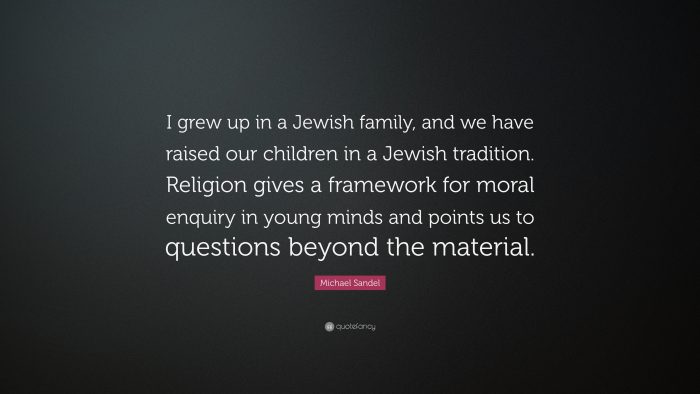
Michael Sandel
Enquiry synoniem inquiry noun (QUESTION)
(the process of asking) a question:
I’ve been making inquiries about/into the cost of a round-the-world ticket.
formal Inquiry into the matter is pointless – no one will tell you anything.
Who will be leading the inquiry into the accident?
The inquiry found evidence of serious misapplication of funds.
The nomination of Judge Watkins as head of the inquiry was a surprise.
There is to be an official inquiry into the incident.
A new team of detectives were called in to conduct a fresh inquiry.
Cambridge Dictionary
Religion gives a framework for moral enquiry in young minds and points us to questions beyond the material.
Religie biedt een kader voor moreel onderzoek in jonge geesten en wijst ons op vragen die verder gaan dan het materiële.
22 Lessons from King Solomon: The Richest Man to Ever Live | Brigitte Belle
1 mrt. 2017
30 sep. 2013
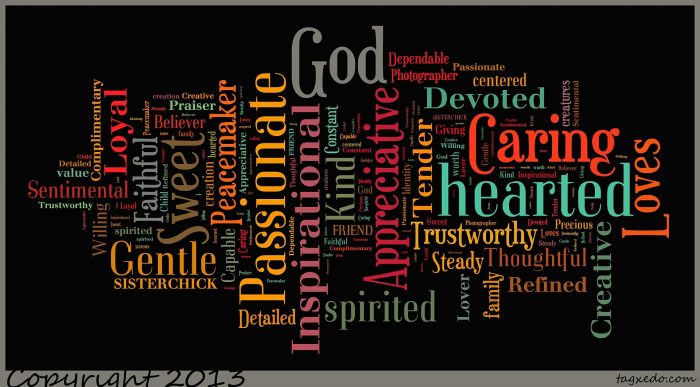
24 Literary Styles in the Bible
25 Jerusalem: Three religions, three families | Faith Matters
1 mrt. 2015
26 Dying Son Teaches Dad Life Changing Lesson (Powerful Speech) | Michael Crossland | Goalcast
Gepubliceerd op 21 jun. 2019
27 Nick Vujicic’s inspiring anti-bullying message for kids | 60 Minutes Australia
From presidents to prisoners, Nick Vujicic’s career as a motivational speaker has taken him all over the world and allowed him to share his story with millions of people. But some of the greatest people he gets to share his story with are secondary school students.
28 The Bible as Jewish Meditation Literature
29 Vaste patronen in Bijbelse verhalen
30 Metaphor in Biblical Poetry
31 Character in Biblical Narrative
32 The Book of Job
33 Plot In Biblical Narrative
34 The Law
35 The Book of Proverbs
4 mei 2016
36 The Temptations of Jesus
7 feb. 2019
37 Rick Steves’ Luther and the Reformation
38 Luther and the Protestant Reformation: Crash Course World History #218
39 Henry VIII & Early Anglicanism
Henry VIII wanted a divorce, and when the pope refused, he started the Anglican Church. This video tells the story of Henry VIII, Catherine of Aragon, and Anne Boleyn. It also tells the story about how early Anglicanism was formed under Thomas Cromwell and Thomas Cranmer.
Ryan M. Reeves (PhD Cambridge) is Assistant Professor of Historical Theology at Gordon-Conwell Theological Seminary.
40 Richard Dawkins – Late Late Show Part 1 of 3
12 apr. 2010
41 DISGUSTING Things From My Theology Degree
15 jul. 2019
42 Hidden Camera – Sucked Papers Prank
19 mei 2011